Speaker
Description
Driven-dissipative systems are characterized by the appearance of steady-states. Upon parameter change, they can undergo dissipative phase transitions between different types of steady-states. One of the paradigmatic examples for a first order dissipative phase transition is the driven nonlinear single-mode optical resonator. I will report on the corresponding realization within an ultracold bosonic gas, which generalizes the single-mode system to many modes and stronger interactions [1]. We measure the effective Liouvillian gap of the system and find evidence for a first order dissipative phase transition. Due to the multi-mode nature of the system, the microscopic dynamics is much richer and allows us to identify a non-equilibrium condensation process.
References:
[1] J. Benary et al., New J. Phys. 24, 103034 (2022)

